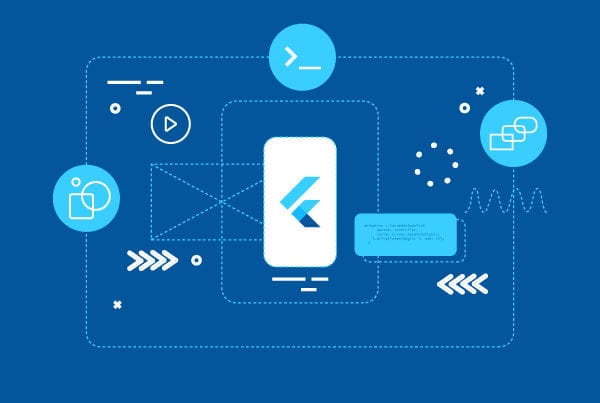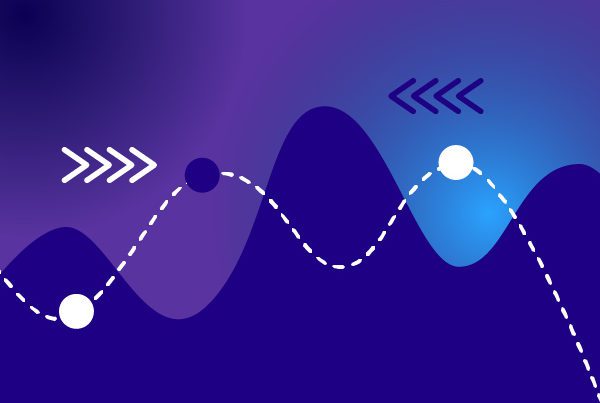Cloud Apps vs Web Apps
You might have seen the terms “cloud app” and “web app” being used interchangeably although they actually refer to different things. This confusion is understandable as these types of web-based apps are quite similar. In this article cloud apps vs web apps, we’ll be focusing on these two concepts and the main differences between them, as well as the pros and cons of each one.
What are web apps?

Web apps are web-based applications that depend fully on web servers and are designed to be used exclusively on web browsers. They usually have simple architecture and offer limited customization. This type of app combines server-side and client-side scripting where the client depends on the web server to access the services. Some examples of web apps are e-banking and e-commerce applications.
Web apps are not all alike and they can be divided into five different types: static, dynamic, portal, e-commerce, animated and content management systems (CMS). Static web apps (such as a digital portfolio) are the most basic and are called “static” because their content doesn’t change over time. Dynamic web apps are more complex than the former and include the possibility of regularly updating or changing the information they hold (a forum, for example). Portal web apps let users access a variety of pages through a home page while e-commerce apps add the complexity of electronic payment collection. Finally, a CMS app (like WordPress) is used to create web apps that are constantly being developed, such as personal blogs or news pages.
What are the advantages of web apps?
- As web apps share a common code base for multiple mobile platforms, they are quite easy to maintain.
- You don’t need to wait for the marketplace approval to release or update them.
- They run on all platforms as all you need is a web browser.
- They are usually cheaper to develop.
What are the disadvantages of web apps?
- They are less interactive than other apps.
- As they are not part of any app store, it is difficult for users to discover them.
- User experience may be hindered as it takes several steps to access a web app.
What are cloud apps?

A cloud app is also a web-based program. However, its data is sorted in a cloud or a cloud-like infrastructure. This is the main difference between cloud and web apps.
A good example of a cloud app would be an email service, where users interact with the app through a mobile device or web browser. The data for the app is processed both by the local device and a cloud computing solution, which means it can be accessed both offline and online.
Cloud applications are usually within one of three categories: Software as a Service (SaaS), Infrastructure as a Service (IaaS) or Platform as a Service (PaaS). When it comes to SaaS, the most common of the three, a third-party cloud provider hosts and manages the entirety of the app. In IaaS cloud apps, you rent the cloud infrastructure from a third party but are in charge of middleware, apps and app support. And, finally, PaaS cloud apps give developers more freedom as they can both build and host the apps.
What are the advantages of cloud apps?
- Their remote processing power and storage translate into a lower infrastructure cost.
- They offer excellent data security.
- They promote collaboration as they let people easily share information.
- They offer significantly more storage capacity.
- Any information stored in them is easy to access from any place at any time.
- You can access them from a wide variety of devices.
What are the disadvantages of cloud apps?
- This type of app is vendor-locked, which may pose a problem if you decide to change vendors.
- Although they are very safe, cloud storage means your data will go through a third party.
- They require a good internet connection to access all of the app’s data.
Which one should you use?
We’ve covered the difference between cloud and web apps, as well as the benefits and disadvantages each one holds, so let’s take a look at which one is the right fit for you. The truth is, like in most cases, this depends on the type of app you wish to develop. If you want to develop an app with a high storage load and extensive sharing and customization capabilities, a cloud app is the way to go. However, if your app is less ambitious and you are looking for something cost-effective with no launch restrictions, you should definitely focus on a web app.
Final thoughts
As we’ve mentioned, the right app highly depends on its purpose and requirements. However, a piece of good news when it comes to web and cloud apps is that, if you decided to go for the former, you can always upgrade to the latter later on.





